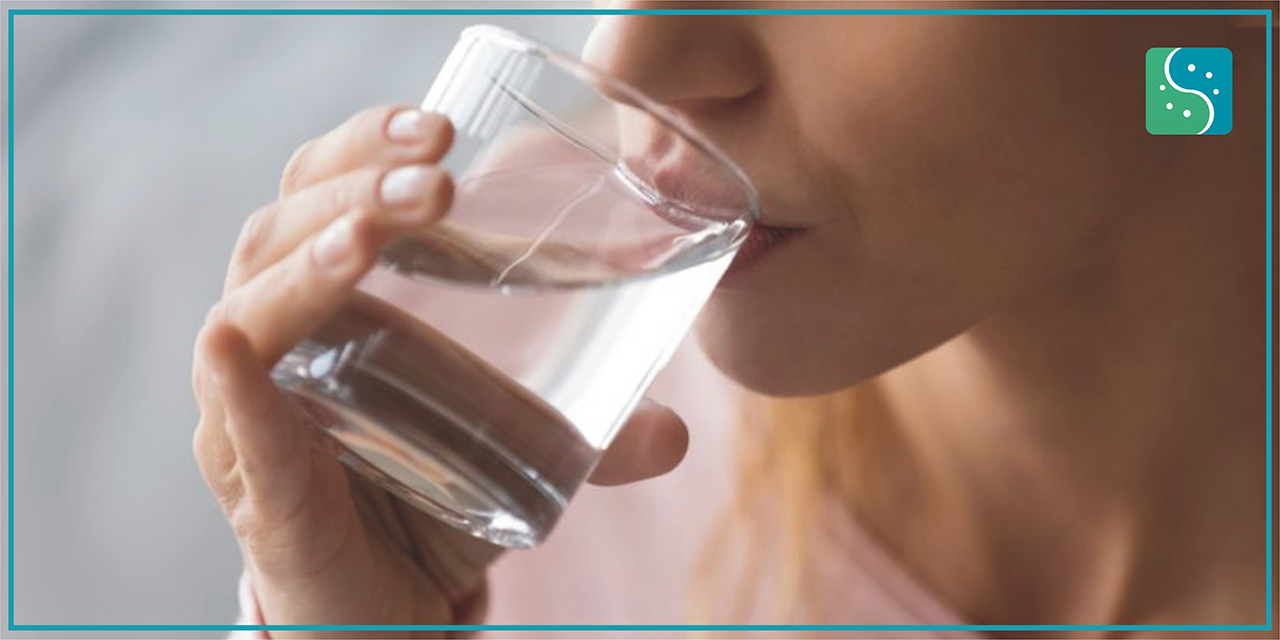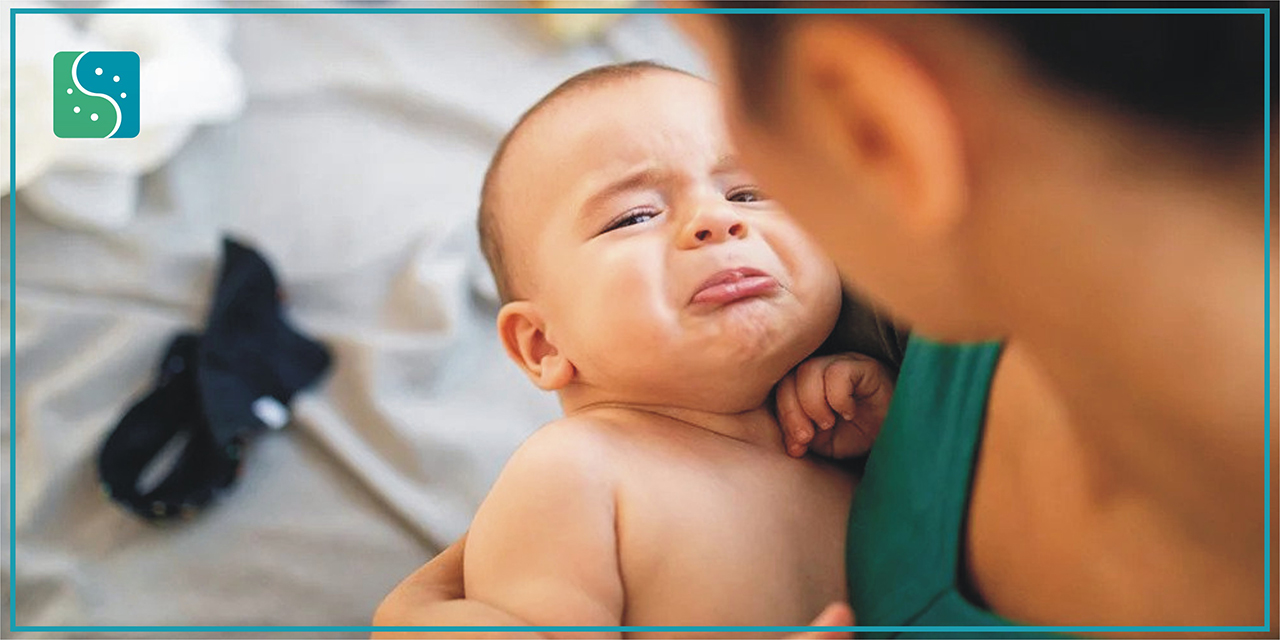DIARRHOEA or “the runs,” is when you experience loose, watery stools and feel the urgent need to have a bowel movement multiple times a day. A few causes include infections, diseases, and food intolerances.
Whether be it diarrhoea from infections, irritable bowel syndrome, anxiety, whatever may be the cause, Homoeopathy offers effective treatment for diarrhoea. It treats the root cause of diarrhoea to help ease the symptoms and brings about recovery. Medicine for diarrhoea is prepared from natural substances, so are safe for both children and adults. Along with the treatment it is necessary to hydrate yourself with plenty of fluids and oral rehydrating solutions. Homoeopathy is effective in both acute as well as chronic diarrhoea.
Diarrhoea, loose, watery and possibly more frequent bowel movements; is a common problem. It may be present alone or be associated with other symptoms such as nausea, vomiting, abdominal pain or weight loss.
Luckily, diarrhoea is usually short-lived, lasting no more than a few days. But when diarrhoea lasts beyond a few days into weeks, it usually indicates that there's another problem such as irritable bowel syndrome (IBS) or a more serious disorder, including persistent infection, celiac disease or inflammatory bowel disease (IBD).
Signs and symptoms associated with diarrhoea may include.
A number of diseases and conditions can cause diarrhoea, includes
Diarrhoea can cause you to lose fluids quickly and put you at risk for dehydration. If you don’t receive treatment for diarrhoea, it can have severe effects. The symptoms of dehydration include:
Contact your doctor as soon as possible if you think your diarrhoea is causing dehydration.
Your doctor will complete a physical examination and consider your medical history when determining the cause of your diarrhoea. They may also request laboratory tests to examine urine and blood samples.
Additional tests your doctor may order to determine the cause of diarrhoea and other related conditions can include:
A colonoscopy or sigmoidoscopy is especially helpful for determining if you have an intestinal disease or severe or chronic diarrhoea.
Several things you can do to care for diarrhoea include.

B: Bananas
R: Rice (white rice)
A: Applesauce
T: Toast (white bread)

What do I do if my baby or young child has diarrhoea?
Young children are at a higher risk of dehydration than adults. You can’t treat a child’s diarrhoea the same way you would, to an adult case. Over-the-counter medications can be dangerous in young children and all treatments of diarrhoea in children should be guided by their doctor. It’s important to keep your child hydrated. Your doctor will help you determine the best way to do this, but options often include.